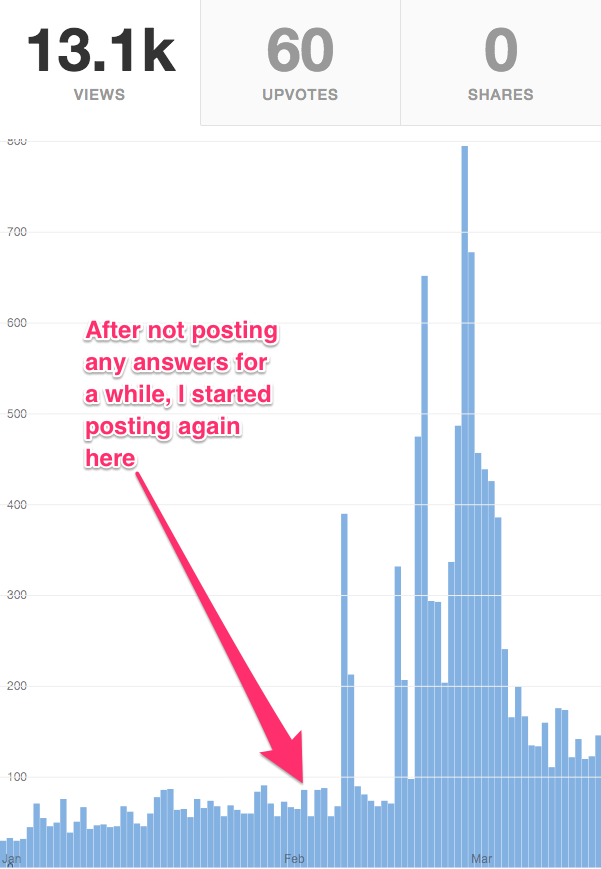If you know me well, you know I’m one of those early adopter types, who likes the shiny new digital gadgets. I grew up in a house with a Commodore 64, one of the first commercially viable personal computers, and I’ve been using computers since then, as an integral part of my personal, business, and creative life. I was a true believer in the promise of the personal computer, now fully realized in the form of the pocket super computer, commonly known as the smart phone.
The hippie ethos of Silicon Valley was very appealing to me. First, to give everyone the computing power to make art (word processing, photo, video, and audio editing), to build businesses (spreadsheets, databases), this would liberate an incredible amount of creativity and entrepreneurship. Then, to use these personal computers to connect everyone together with email, web sites, and now social media, that would take us to the next level. A sort of hive mind nirvana, dreamed of by the likes of Steve Jobs, Bill Gates, and Stewart Brand. This ethos of individual expression and empowerment fueled the dreams of Mark Zuckerberg, as well as countless other tech entrepreneurs.
My disillusionment, which is not yet complete, has been a long time in the making. When one of the heroes of my early adulthood, Steve Jobs, was revealed (to me) to be so selfish, ruthless, and possibly bipolar, I had to re-evaluate my views on the kind of people who led the revolution. I still use Apple products every day, actually I don’t really go very long without an Apple product on my person. I admire how they still push the envelope, innovate, and emphasize design to empower their users. I wasn’t a big fan of Bill Gate’s Microsoft, but the truth is that there would be no World Wide Web without first a Graphical User Interface (GUI) on pretty much every computer on the planet.
Now these companies, with the likes of Facebook, Google, and others, control massive amounts of wealth, concentrated in offshore tax havens in the hands of the very wealthy. These very tools and products that these companies have built are now being used to undermine democracy, to sow chaos and strife. Not exactly the nirvana those techno-hippies envisioned when they were hacking together the first PCs and Bulletin Board Services (BBS).
It’s hard to see a way out of this. Plenty of good things have happened as a result of this digital revolution, but the naive promise of techo-utopia has worn thin. I still see signs of hope. Open source software, Creative Commons licensing, and the plummeting price of computing hardware and connectivity still mean that there’s an opportunity for the little guy to make a difference. But the oligarchs have arrayed a formidable defense of their wealth and power, and co-opted much of the intellectual capital created during the early days of the digital revolution. Most of the Internet runs on open source software, but most people connect online using Facebook, a “walled garden” of privately owned proprietary code.
I’ve watched as being an American went from being a citizen to a consumer to now being the product. Our information, the data we create, is the raw material, the product that is sold to advertisers, credit agencies, and political operatives. We are the product. We’ve traded our privacy and security for convenience and an endless stream of cat videos.
What’s the answer? I don’t know, but I’m trying to find my way through this mess. I’ve cut way down on my use of Facebook, mostly because reading through my feed just makes me feel depressed. I’ve turned off every notification on my phone except for the ones that are generated by real people (texts, voice mails, messages only). I try to use open source software in my personal life and I use it almost exclusively in my business and for my creative endeavors. I’ve tried several times to switch to Firefox, but I still end up back on Google Chrome. But I’m just one out of billions. It’s not easy using open source software. Even Ubuntu, which is the easiest version of Linux I’ve encountered, is a hard slog for anyone who isn’t a digital gear head.
I think the biggest problem is that these digital products that promised freedom and a true meritocracy of equal opportunity are now being used in the service of concentrating political power and wealth. They are being used to turn citizens into products.
But, at the same time, these tools have been used recently to expose sexual predators or the manipulations of the ultra-wealthy — how else could you leak over 13 million documents if they weren’t digital? There are people all over the world who can now take courses from the finest universities, make art, and build businesses in a way that was inconceivable just a few decades ago. Sure, we all live in our filter bubbles, but getting out of our bubbles is only a Google search away.
Maybe what we’ve learned, the most important lesson that’s come out of all this, is that we aren’t the rational and noble thinkers envisioned by the Enlightenment and formalized by the economic theories of the last century. Instead we’re driven by emotion and a bunch of cognitive biases. Maybe what we really need is some humility, to realize that greed and fear and prejudice are more powerful than intellect, no matter how smart or well educated we are. Knowing this, we can guard against our worst impulses, and maybe even make the world a better place. I just don’t think that’s going to happen on Facebook.





 What is it about Fallout 4 that has put such a hammerlock on my brain? That game has the same effect on me as Far Cry 4. Is it the stealth oriented game play? Is it the natural setting, in the great outdoors? That’s part of it, but not the whole thing. I have a similar reaction to No Man’s Sky, and that takes place in the exact opposite of a natural environment.
What is it about Fallout 4 that has put such a hammerlock on my brain? That game has the same effect on me as Far Cry 4. Is it the stealth oriented game play? Is it the natural setting, in the great outdoors? That’s part of it, but not the whole thing. I have a similar reaction to No Man’s Sky, and that takes place in the exact opposite of a natural environment.